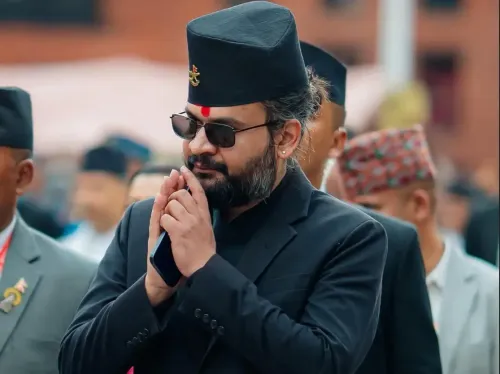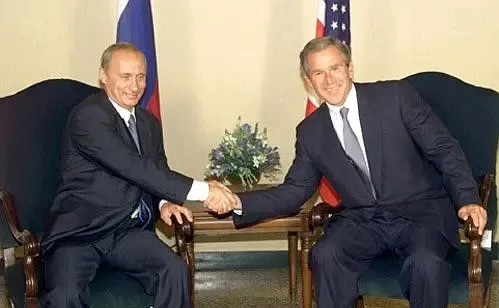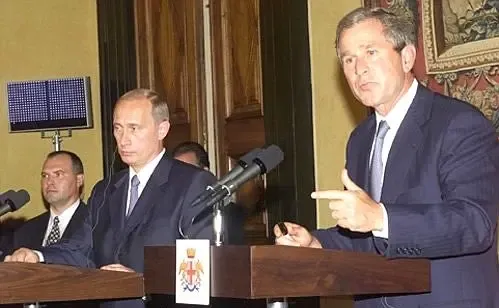Did Cambodia and Thailand Agree to a Ceasefire in Talks?

Synopsis
Key Takeaways
- Immediate ceasefire agreed upon by Cambodia and Thailand.
- Facilitated by Malaysian Prime Minister Anwar Ibrahim.
- Next meetings scheduled to ensure compliance and communication.
- Commitment to regional peace and stability emphasized.
- Framework for implementation and verification of the ceasefire established.
Kuala Lumpur, July 28 (NationPress) Cambodia and Thailand have come to an agreement for an immediate and unconditional ceasefire, following discussions held in Kuala Lumpur that were facilitated by Malaysian Prime Minister Anwar Ibrahim.
A joint press release indicated that the special meeting was chaired and hosted by Prime Minister Ibrahim in the city of Putrajaya, Malaysia. The talks involved Cambodian Prime Minister Hun Manet and Thailand’s Acting Prime Minister Phumtham Wechayachai.
This dialogue was prompted by escalating border skirmishes between Cambodia and Thailand, which significantly threatened regional stability.
Both PM Hun Manet and Acting PM Phumtham Wechayachai conveyed their commitment to an immediate ceasefire and a return to peace.
The statement following the meeting confirmed that both nations have achieved a mutual agreement, including the immediate and unconditional ceasefire, effective from midnight (local time) on July 28. This step is crucial for de-escalating tensions and restoring peace and security.
Furthermore, they consented to hold an informal meeting of regional military leaders (Regional Military 1 and 2 from Thailand and Regional Military 4 and 5 from Cambodia) on July 29. If both parties agree, this will be succeeded by a meeting with Defence Attaches, led by the ASEAN Chair. A gathering of the General Border Committee (GBC) is also scheduled for August 4, which will be hosted by Cambodia.
As the current ASEAN Chair, Malaysia is prepared to coordinate an observer team to monitor and ensure compliance with this agreement. Malaysia will also engage with other ASEAN member states to join the observation efforts, demonstrating a regional commitment to support peace. Both nations also resolved to resume direct communication between their respective Prime Ministers, Foreign Ministers, and Defence Ministers.
The Foreign and Defence Ministers of Malaysia, Cambodia, and Thailand have been tasked with creating a comprehensive framework for the ceasefire's implementation, verification, and reporting. This framework will lay the groundwork for enduring peace and accountability.
The meeting reaffirmed the collective commitment of Malaysia, Cambodia, and Thailand to uphold international law, peaceful coexistence, and multilateral collaboration in seeking a fair and lasting resolution to the ongoing situation.
US Secretary of State Marco Rubio indicated on Sunday that he had separate phone discussions with Thai Foreign Minister Maris Sangiampongsa and Cambodian Deputy Prime Minister and Foreign Minister Prak Sokhonn, urging both countries to de-escalate tensions and agree to a ceasefire regarding the border conflict.










